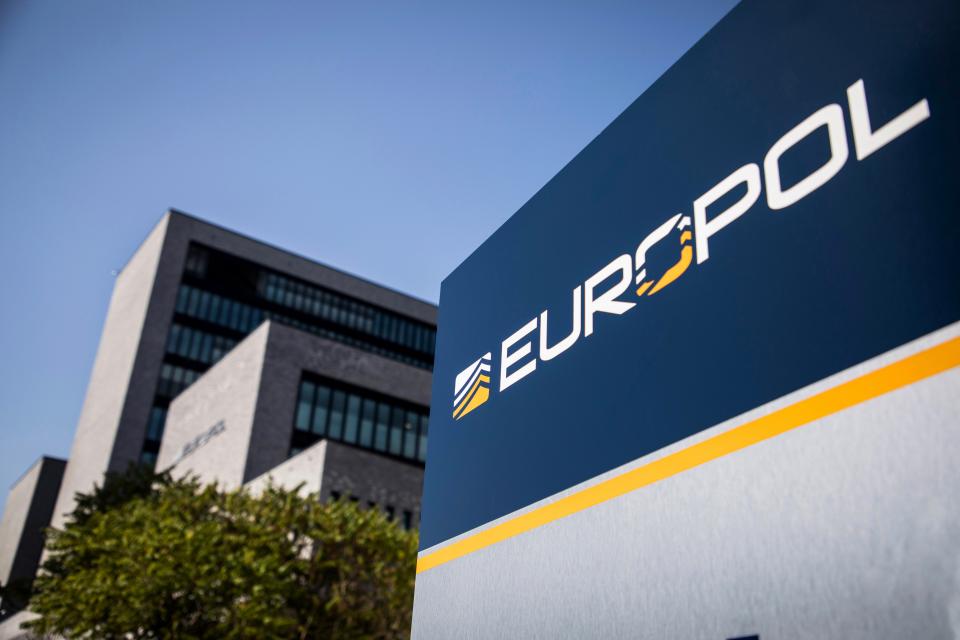Criminals are taking advantage of the emergency measures introduced in Belgium and elsewhere to tackle the coronavirus pandemic, Europol has warned.
In a report issued this week, the organisation explains how the current circumstances work to the benefit of criminals.
Factors that are unavoidable for public health reasons can nevertheless play into the hands of organised crime, Europol says. These include shortages of certain goods such as protective clothing and pharmaceuticals, employees working from home and relying on computer connections, increased fear and anxiety making people more vulnerable to crime and restrictions on public life making criminal activity less visible.
“While many people are committed to fighting this crisis and helping victims, there are also criminals who have been quick to seize the opportunities to exploit the crisis,” commented Catherine De Bolle, the former head of Belgium’s federal police who is now director of Europol, based in The Hague.
“This is unacceptable: such criminal activities during a public health crisis are particularly threatening and can carry real risks to human lives. That is why it is relevant more than ever to reinforce the fight against crime. Europol and its law enforcement partners are working closely together to ensure the health and safety of all citizens”.
The criminals are busy or several different levels:
Cybercrime: Criminals exploit anxiety for and heightened interest in the news of the epidemic to spread malware via messages on social media and the wider internet. Highly popular at the moment is the use of ransomware to block the victim’s computer or network until a ransom is paid. One notable victim was the Brno University hospital in the Czech Republic.
Fraud: All of the old-fashioned fraud techniques are being updated to fit the new circumstances, including decontamination scams, telephone fraud and supply scams. In one case being investigated by Europol, a company paid €6.6 million for alcohol gels and protective masks which never materialised.
Counterfeit goods: Real shortages of some vital products create openings for fraudsters offering counterfeit goods, like the 34,000 counterfeit surgical masks seized by police at the beginning of March.
Property crime: Typically, criminals pose as representatives of public authorities to gain access to premises and carry out burglaries of commercial properties and, increasingly, medical facilities. Criminals also exploit public anxiety by posing as medical staff to gain entry to private homes under the guise of offering health information or carrying out a bogus “corona test”.
“Despite the introduction of further quarantine measures throughout Europe, the crime threat remains dynamic and new or adapted types of criminal activities will continue to emerge during the crisis and in its aftermath,” the organisation says.
De Bolle told VRT Radio, “The police work proactively and reactively. In almost all countries there are cyber-units, and cooperation agreements between governments and private companies. Anyone who has a problem certainly needs to report it, and there will be an investigation.”
Alan Hope
The Brussels Times

